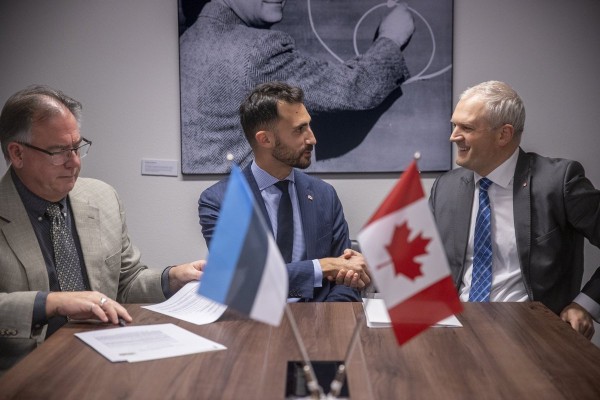Staunton, January 3 – Everyone must make a clear distinction between the demise of Vladimir Putin and the demise of his regime, Georgy Satarov says, because “the most probable scenario” in the coming months is that Putin’s comrades will sacrifice him in order to “somehow preserve the regime” that he created and from which they have benefitted.
In a commentary in today’s “Yezhednevny zhurnal,” the Moscow writer reaches that conclusion based on what he describes as parallels between what Putin is doing now and what Hitler did after the Berlin Olympiad and between how the Kremlin leader is acting and what happened with the end of the Soviet Union (ej.ru/?a=note&id=26752).
It is already “quite trivial,” Satarov argues, to say that the past year was the last one in which Putin and his regime enjoyed the free passes they had enjoyed earlier and that the coming collapse, one “prepared by Putin himself, will lead to a situation in which 2015 maybe the last year of Putin in power.” The real issue is what will happen with his regime.
“Everything,” the Moscow commentator says, “began with the Olympiad in Sochi,” an event that Putin took very seriously and that has led to all the others. Like Hitler at the 1936 Games, Putin worked hard to make sure that they would be a triumph for his country, or at least could be presented as such to the Russians and the world.
The Russian victory at Sochi “was for everyone so unexpected, the propaganda about it so shameless, and the longing for something good of one’s own however old that [Russians’] patriotic spirit soared to unprecedented heights,” Satarov writes. Like Hitler, Putin exploited this.
Four days after Sochi, Putin’s “little green men” seized the Supreme Soviet of Crimea. Three weeks later, the Russian “Federation Council ratified the treaty about the inclusion of the Republic of Crimea within the Russian Federation.” Putin seemed to be moving so quickly out of a fear that he might miss “the train of history,” one that would lead him into the history books as the latest “in-gatherer of the Russian lands.”
In fact, Satarov says, it is more likely that he will become known as “the Terminator of the Russian land” because Putin’s actions are reproducing “the scenario of the disintegration of the USSR” in 1991, an event that has been delayed this long because Putin and his Russia have enjoyed three “freebies” up to now.
First of all, Putin was able to exploit record high prices for oil. Second, he enjoyed “the complete indifference of the West to the domestic situation of Russia.” Having won the Cold War, the West ceased to be concerned about Russia, an act that was “not simply insanity” but incredibly “short-sighted.”
And third, Putin was able to exploit “the ideal population” for him to exploit the first two “freebies.” It was “tired of revolution” and quite ready to sit still for almost anything as long as it was well-fed and did not have to deal with instability. And that population had forgotten what happened only a generation ago.
Then, Satarov writes, “the Soviet Union began its Afghan adventure while at the peak of its power and influence and with oil prices at their height … Putin began his adventure also with the highest prices for oil; the only thing was that he did not have a military machine” equivalent to the one Brezhnev had.
“But the most significant thing is something else,” the commentator says. What Putin did was to “destroy the myth about the security of the territory which he (Putin) currently controls.” That undermined the West’s readiness to accept what was going on in the name of stability and economic growth.
At the same time, however, all three “freebies” on which Putin had relied came to an abrupt end. Oil prices collapsed. Western indifference ended. And the Russian population, no longer assured of incomes in exchange for deference to Putin, began to stir.
More immediately, Putin lost the funds to maintain the loyalty of Russian elites could no longer be purchased as it had been. And that may prove to be the end of his rule, but because they want the same thing he has – namely person wealth – Putin’s departure won’t necessarily mean the end of Putin’s regime.
Putin’s Entourage Likely to Sacrifice Him to Keep His System in Place, Satarov Says
Arvamus
TRENDING
























